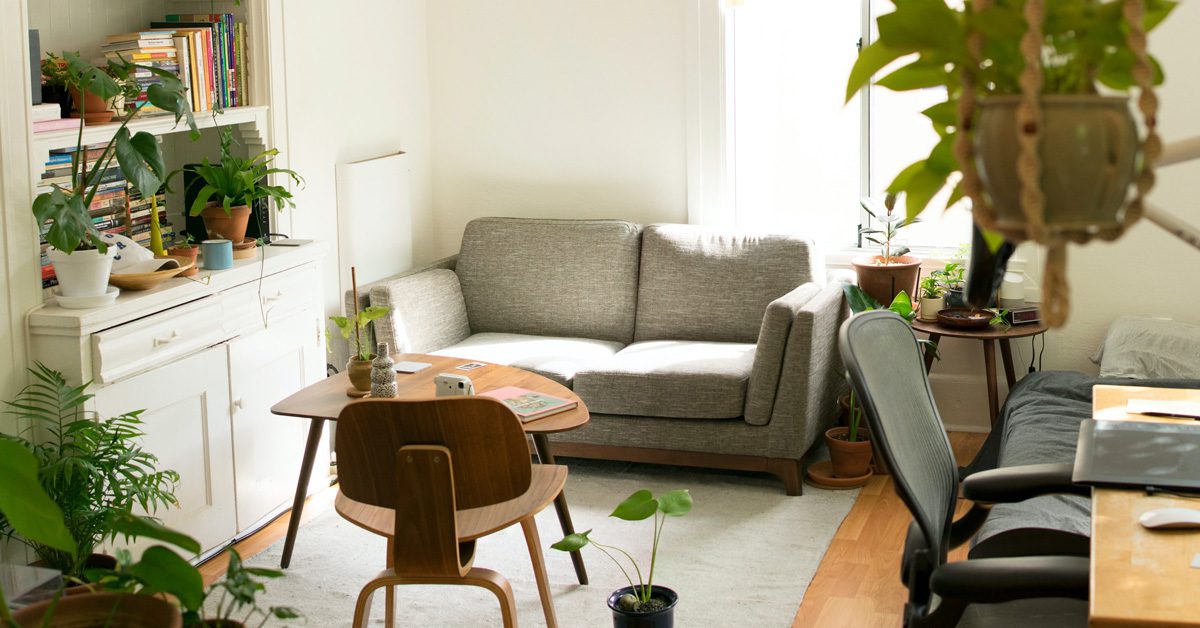Updated 30.08.2023
It won’t be news to you that getting a foot on the first rung of the property ladder is harder than ever, particularly in bigger urban centres like Auckland.
No amount of avocado on toast you go without will cut it (in fact you’d have to not eat it every day for roughly 20 years to even get close to a house deposit!) – and perhaps it feels like your dream of owning your own home is slipping away.
But before you give up altogether and take to smashing avocado daily in protest, consider whether any of these methods might help you become a property owner.
Accessing the bank of Mum and Dad.
The majority of first home buyers get in with some help from their parents these days, according to a survey by mortgage broker Mike Pero. There are several different ways this can work – and doesn’t have to involve your parents having a few hundred thousand dollars lying around.
Your options include:
- A gift or loan of cash to boost your deposit
- Using some of the equity in your parents’ home as part of your deposit
- Partnering with your parents to invest in a property
- Your parents becoming guarantors on your loan
None of that is without its risks – mainly for your folks! If they’re guarantor and you default, they’re very much in the bank’s sights. If you access their equity, they can’t use that equity for other things. It’s worth establishing first that their retirement is sorted before prevailing upon them for assistance. Alternatively, your first home could simultaneously be an investment for them, rather than a gift or a loan. However you decide to structure it, it’s worth getting everyone’s responsibilities and expectations clearly laid out from the outset.
Accessing a First Home Grant
As well as withdrawing your KiwiSaver savings to use towards a house deposit, you may be eligible for a First Home Grant. If you’re a couple that meets the criteria, you could be eligible for $10,000-$20,000 between you (depending on whether you buy a new build or an existing property). You need have a combined income of less than $150,000, have been contributing to KiwiSaver for at least 3 years, and be buying a home that’s under the price cap for your region. For example, the price cap for a new build property in Auckland is $875,000. So, a few hoops to jump through, but the extra cash could make all the difference.
Buying property as an investment, instead of a home
If buying where you want – or need – to live is a financial bridge too far, it may be time to consider making your first purchase an investment property instead. There are a few things to consider around this, including that if you want to use your KiwiSaver you will need to live in it for 1 to 3 years (depending on the house size) to qualify for the withdrawal. Also, when a property isn’t going to be your home you make different decisions about what’s desirable. For a start, it needs to be in an area that has the best chance of capital gains, as that capital growth what will eventually help you into your own home.
Property Syndication:
It might sound a bit fancy, but at its most basic it means buying in partnership with others, as a syndicate. It could be combining your funds with a sibling, a cousin, or a friend, and owning the property jointly. While that sounds simple, it can throw up an array of complications if everyone isn’t crystal clear on how it’s going to work from the outset. If you go down this route, make sure you get a legal agreement drawn up that makes it clear about the circumstances in which you would sell and what happens when just one person wants out.
Long settlement
When property prices are rising quickly, one option you could consider is a long settlement on a new build property of, say 9-12 months. It would usually require an initial deposit of 5-10% with the rest due on settlement – so you’d need to be very confident that you’d have the cash by then, and you also need to ensure your deposit is kept in a trust account until completion.
Obviously saving as hard as you can is a great first step but if you know that’s not going to get you there, these are just some of the options to have a think about how else you could skin the cat.
Then, once you’re on that ladder, your next job is to get mortgage-free as fast as possible!
Remember, we can help you fast-track your progress. Click here to book a consultation with one of our expert financial coaches.
Hannah McQueen is an Authorised Financial Adviser, Chartered Accountant, Author and founder of enable.me.
Disclaimer: This blog post is for informational purposes only and does not constitute individual financial advice. If you’re interested in receiving personalised financial advice, you can book in a consultation with an enable.me coach. Costs apply.



